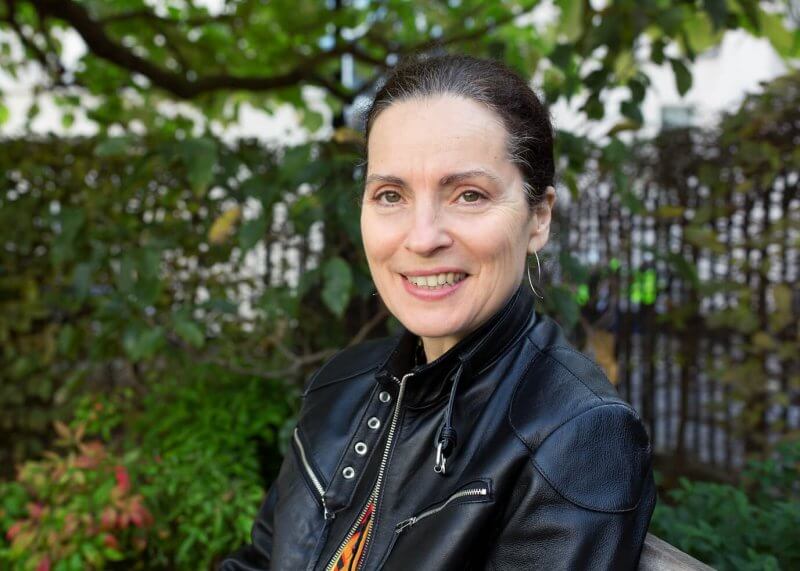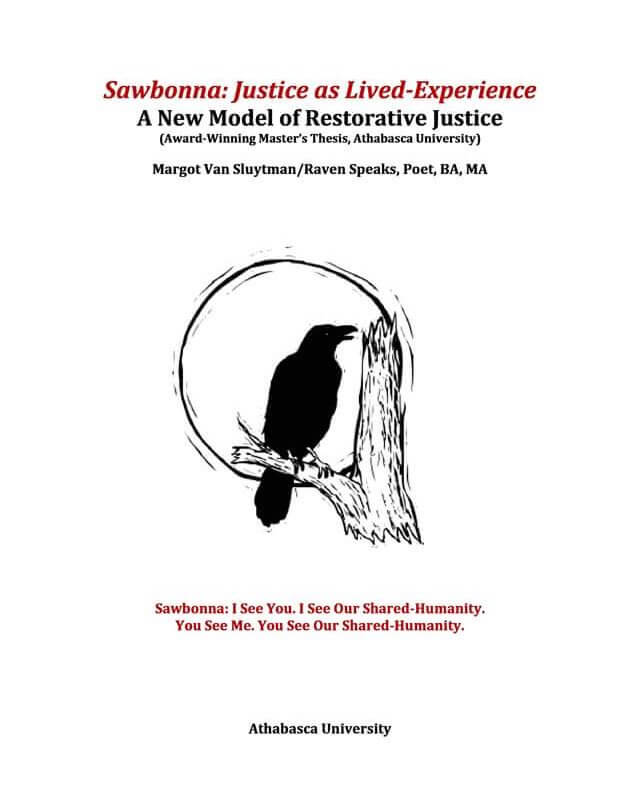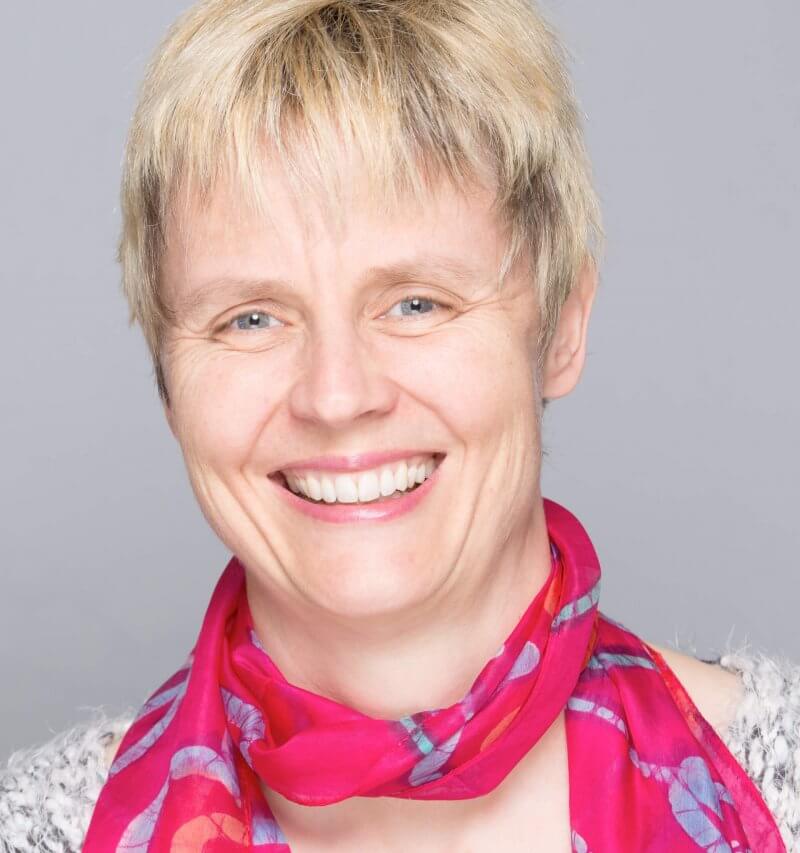Sawbonna: writing the self and reconciliation
What does reconciliation in Canada have in common with a murder that took place four decades ago?

For AU distinguished alumna Margot Van Sluytman (MA-IS ’12), the two have everything to do with one another because they’re both bound in themes of restorative justice and shared humanity.
“Reconciliation and resilience, this is for all of us,” she said.
And working alongside Athabasca University (AU) professor Dr. Reinekke Lengelle, Faculty of Humanities & Social Science, Van Sluytman hopes to be able to share her insight with the academic community with a peer-reviewed article. Members of the public will have the opportunity to learn about the work first-hand at a February 20 workshop and lecture in Edmonton.
The work will emphasize the idea of “Writing the Self,” which is a focus for both women, and Sawbonna – a Zulu greeting meaning simply, “I see you.” But for Van Sluytman, the word has taken on a deeper and more significant meaning about the connections between every single person on this planet.
“Sawbonna means we are in shared humanity,” she said. “Whether there is a meeting between victim and offender, we’re still in relationship. We’re still in shared humanity. And it is up to us as a community and as a society to not be stuck in an us-versus-them paradigm.”
While it may sound like a lofty goal, because the work of reconciliation and of healing in our personal lives is never finished, Van Sluytman knows first-hand how beneficial this process can be because she has been a victim herself.
From tragedy to thesis

When Van Sluytman was 16 years old, her father was brutally murdered. It was an event that turned her life upside down, and she recalled spending many years struggling with her own mental health as she worked to move past the event and pick up the pieces of her life.
She completed an undergraduate degree in philosophy before finding her voice and her success as a poet and public speaker. It was by a small coincidence that she discovered AU’s Master of Arts program, when both she and Lengelle attended a poetry therapy conference in Portland, Oregon in 2007.
“Margot was interested in doing academic work, so I said, ‘Why don’t you come to Athabasca University to study?,’” Lengelle said.
It didn’t take long for Van Sluytman to do some research and realize that AU’s Master of Arts in Interdisciplinary Studies was going to be the right fit for her – both in terms of the kind of support that AU provided her, and in terms of where she was in her own life.
“What fit my style, is I started that degree when I was 48. A mom, almost a grandma,” she said. “What inspired me was that there was a place that actually had space for adult learners.”
Her thesis, Sawbonna: Justice as Lived Experience outlines how the concept of Sawbonna allowed her to move forward in her own life, write about meeting the man who killed her father, and begin to resolve her feelings about the event within the context of her research: Sawbonna – A New Model of Restorative Justice. Building on her own lived experience, she suggests systematic change is required within the justice system in order to move the focus away from dismissing victims and their capacity to influence the justice system and on punishing perpetrators, to instead focus on resilience, rehabilitation, and healing.
“From the time my father was murdered, I knew a human killed a human. It wasn’t a system that killed a system, and restorative justice grew out of the criminal justice system,” Van Sluytman said. “I made myself into an academic so I could actually have a voice to talk about a new lens of how victim and offender were in relationship. Athabasca University offered me the privilege to work on my Master’s Thesis with Dr. Dale Dewhurst and Dr. Carolyn Redl, to birth my voice and vision.”
Wide audiences for this work

Van Sluytman has found a receptive audience in many different corners of the world, having met and spoken with the likes of Desmond Tutu in South Africa and Senator Murray Sinclair about her ideas, and how the idea of Sawbonna can be applied in a broader context.
“As Sinclair said, ‘It will not be laws that are going to change the relationship. It will be one heart at a time.’ And what touches a heart? A story,” Van Sluytman said. “Somebody murdering your dad is a serious story. Somebody coming and doing cultural genocide is a serious story. These are really serious things.”
Lengelle explained how her own academic work on therapeutic writing, including links between writing the self, cultural healing, and truth and reconciliation, makes it a good fit to collaborate with Van Sluytman on their shared interest. Lengelle’s AU courses MAIS 616: Writing the Self and MAIS 621: Narrative Possibilities focus on this kind of learning in both practical and theoretical ways.
The work Lengelle and Van Sluytman are working on now, which will culminate in the February 20 workshop and lecture, is a paper entitled Reframing Victim Voice and Restorative Justice Within the Framework of Sawbonna. It will focus on how writing can give someone back their voice, even if they thought they never had a voice to begin with – which they believe can be applied to a broad range of contemporary issues including the ongoing process of Truth & Reconciliation in Canada.
And Van Sluytman emphasizes this work is not just for academics, but for everyone.
“It’s for anyone who’s interested in resilience, in their voice, and in their own agency, for themselves as well as their family, friends and community,” she said.